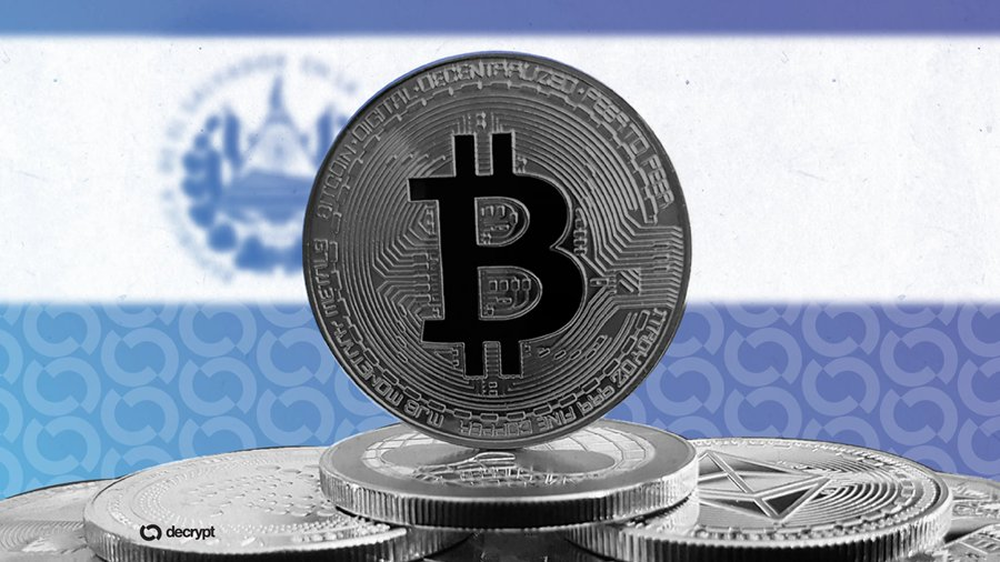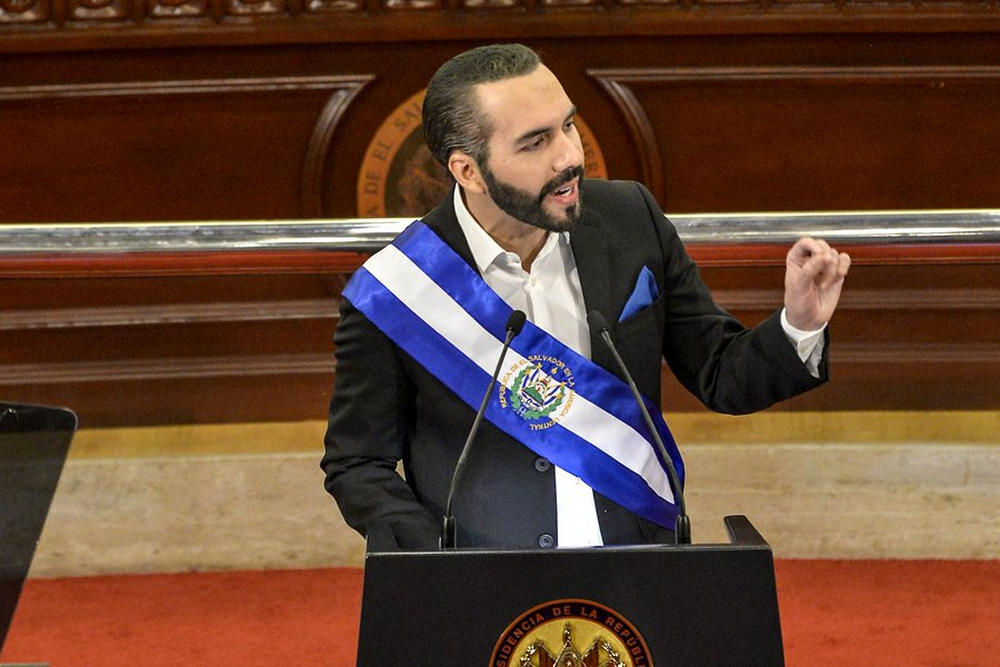May 28, 2025, San Salvador—According to the latest reports from CoinDesk and Decrypt, on the same day that the International Monetary Fund (IMF) reiterated its demand for El Salvador to freeze its Bitcoin purchases, the Salvadoran government increased its holdings by 8 Bitcoins, bringing its national reserves to approximately 6,200 Bitcoins, valued at over $674 million.
IMF Pressure and the Loan Agreement's "Curb"
In December 2024, El Salvador reached a 40-month loan agreement with the IMF totaling $1.4 billion, aimed at supporting its economic reforms, alleviating balance of payments pressures, and restructuring national debt. As part of the agreement, the IMF required El Salvador to significantly adjust its Bitcoin policy, including the removal of Bitcoin's status as legal tender, changing the acceptance of Bitcoin payments by merchants from mandatory to voluntary, and restricting the public sector from using public funds to purchase Bitcoin. On January 29, 2025, the Salvadoran Congress passed a bill with 55 votes in favor and 2 against, officially abolishing the mandatory provisions in the "Bitcoin Law," meaning Bitcoin is no longer a mandatory legal tender, and tax payments are limited to U.S. dollars.
The agreement also explicitly stated that cold wallets managed by the public sector (such as Chivo Wallet, the National Bitcoin Office, etc.) are prohibited from engaging in Bitcoin trading or purchasing activities. However, the agreement allows some flexibility, stating that Bitcoins obtained through confiscation, seizure, or other legal processes are not subject to this restriction. In March 2025, the IMF further reiterated its demand for El Salvador to cease any form of Bitcoin accumulation to ensure fiscal stability and financial transparency.
On May 27, the IMF completed the first round of reviews of the loan agreement, praising El Salvador's good performance on fiscal and reserve targets, but emphasized that it would continue to "ensure" that the country's Bitcoin holdings remain unchanged. The IMF's wording was stern, clearly stating that it would closely monitor El Salvador's Bitcoin policy to prevent deviations from the agreement framework.

Bukele's "Unyielding Bitcoin"
Despite ongoing pressure from the IMF, El Salvador has not halted its Bitcoin strategy. Data from May 25 showed that the country had accumulated 8 more Bitcoins in the past week, bringing its total holdings to 6,187.18 Bitcoins, valued at approximately $668.5 million. On May 28, the Salvadoran Bitcoin Office announced the purchase of another 8 Bitcoins, increasing the total holdings to about 6,200 Bitcoins, valued at over $674 million.
President Bukele made it clear in a post on the X platform on March 4: "No, we will not stop. Even if the whole world isolates us, even if most 'Bitcoin supporters' abandon us, we will not stop." This stance was continued in the latest purchase action on May 28. Bukele's Bitcoin advisor, Max Keiser, also scoffed at the IMF's restrictive terms on the X platform, calling them "bureaucratic nonsense," and emphasized that the usage rate of Bitcoin in El Salvador is reaching historic highs.
It is noteworthy that the purchasing behavior of the Salvadoran Bitcoin Office seems to exploit a "gray area" in the agreement. According to the loan agreement, only public funds directly managed by the Ministry of Finance are prohibited from being used for Bitcoin purchases, while the Bitcoin Office, as an independent entity, is able to maintain its accumulation strategy through small daily purchases. This operational method is seen as a tactical compromise by El Salvador within the IMF framework, partially satisfying the IMF's requirements while retaining the core of its cryptocurrency strategy.

Gains and Losses of the Bitcoin Strategy
Since becoming the first country in the world to adopt Bitcoin as legal tender in 2021, El Salvador's cryptocurrency experiment has been highly controversial. Although the Bukele government has attempted to enhance financial inclusion and attract investment through Bitcoin, the actual results have been less than satisfactory. A poll conducted in October 2024 showed that 92% of Salvadoran residents do not use Bitcoin for transactions, up from 88% in 2023, indicating that the popularity of Bitcoin in daily economic activities remains limited.
El Salvador's Bitcoin holdings have seen significant returns amid a market recovery. As of May 28, 2025, the book value of its 6,200 Bitcoins has exceeded $674 million, marking a substantial recovery from the investment losses during the Bitcoin market's low point in 2022. The Bukele government views this as a forward-looking proof of its strategy, emphasizing Bitcoin's long-term potential as a national reserve asset.
The Complex Game of the International Community
The IMF's continued pressure on El Salvador's Bitcoin policy reflects traditional financial institutions' cautious attitude towards cryptocurrencies. The IMF believes that Bitcoin's volatility could exacerbate El Salvador's fiscal risks, especially given that the country's debt-to-GDP ratio has reached 90%. The IMF's warnings are not unfounded: if the Bitcoin market experiences severe fluctuations, El Salvador's national reserves could face significant losses, impacting its debt repayment capacity.
At the same time, Bukele's hardline stance has garnered support from parts of the crypto community. Some analysts point out that El Salvador's Bitcoin strategy is not only an economic choice but also a declaration of sovereignty, challenging the traditional control of international institutions like the IMF over the financial policies of developing countries. Max Keiser even likened the IMF's restrictive terms to "gang rule from the colonial era" on the X platform, resonating with many.
This article represents the author's personal views and does not reflect the stance or views of this platform. This article is for informational sharing only and does not constitute any investment advice to anyone.
Join our community to discuss this event
Official Telegram community: t.me/aicoincn
Chat room: Wealth Group
免责声明:本文章仅代表作者个人观点,不代表本平台的立场和观点。本文章仅供信息分享,不构成对任何人的任何投资建议。用户与作者之间的任何争议,与本平台无关。如网页中刊载的文章或图片涉及侵权,请提供相关的权利证明和身份证明发送邮件到support@aicoin.com,本平台相关工作人员将会进行核查。




